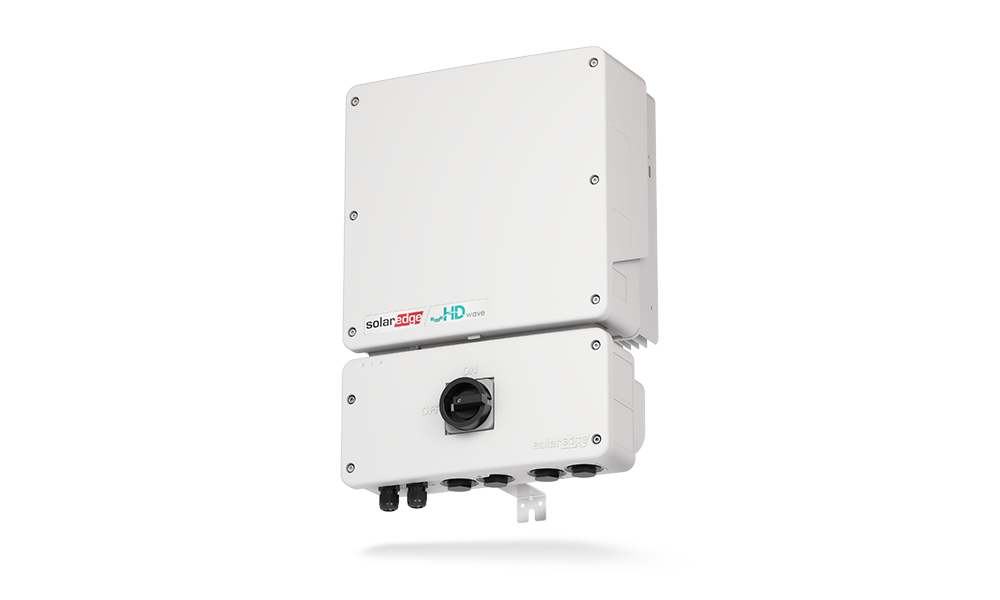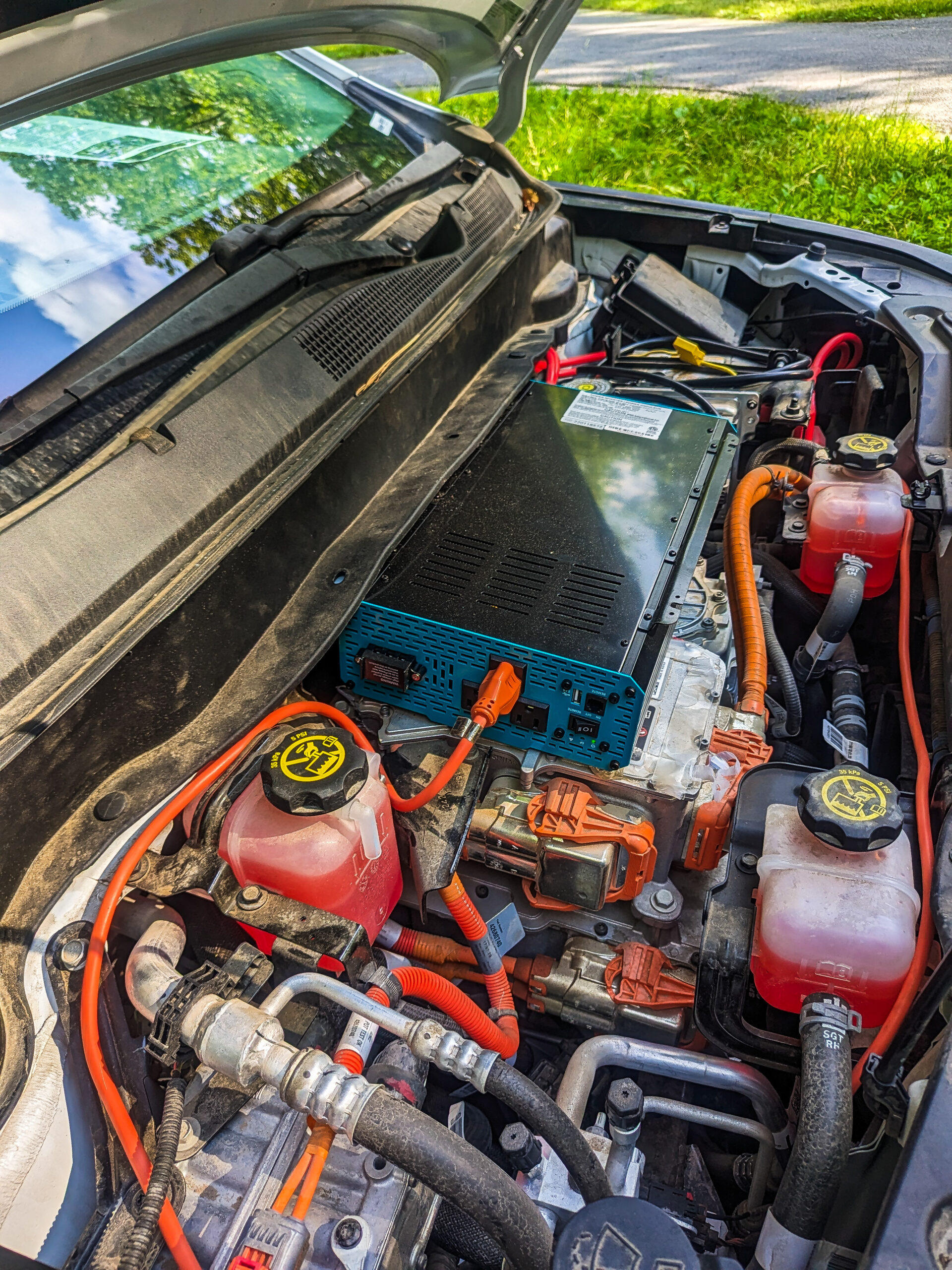Sign up for daily news updates from CleanTechnica on email. Or follow us on Google News!
By the end of day Thursday, we’ll know the extent to which contract negotiations between the United Auto Workers (UAW) and Detroit automakers have succeeded or failed. If it is the latter, then what’s being termed a series of small job actions could freeze production. A 3-pronged, first-of-its-kind manufacturer strike would set a precedent while negotiating separate 4-year contracts with each automaker. The UAW is seeking the same 40% wage increases over 4 years that the Detroit automakers have awarded their chief executives.
Transparency may foil the Detroit automaker attempts to maintain C-suite status quo while also transitioning to all-electric transportation. Then again, that manufacturing shift as it is currently outlined is unsettling for autoworkers, who suspect the evolution to EVs will be commensurate with fewer jobs and lower pay. The UAW feels the billions of dollars in tax incentives and loans for Detroit automakers to retool their factories for EVs without requiring them to share the benefits with union laborers was faulty.
It’s a delicate dance, for sure — and UAW President Shawn Fain is fanning the flames of automaker rivalries as he pits General Motors, Ford, and Stellantis against each other. With lightly veiled comparisons of contract details, Fain has ramped up the rhetoric as behind-the-scenes strike coordination examines a work stoppage and its ramifications for laborers. Reuters noted that calling local union strikes at engine or stamping factories that supply multiple assembly plants could help the UAW conserve its strike funds. The UAW will pay members $500 a week as they march on picket lines.
A full strike on the Detroit automakers has been predicted to cost the US economy more than $5 billion in 10 days.
We’ll see who’ll win the pushing contest, as the UAW’s contract expires at 11:59 pm on September 14.
“We will not make a deal that endangers our ability to invest, grow and share profits with our employees,” Ford President and Chief Executive Officer Jim Farley said last month in a statement. “That would mortgage our future and would be harmful to everyone with a stake in Ford, including our valued UAW workers.”
The auto industry is in the midst of a massive institutional realignment in which battery-powered vehicles will be foregrounded. The UAW union represents about 150,000 workers at US car plants, part of an industry that has signed up for billions in federal EV subsidies and has a stake in a wide range of policy decisions involving CO2 emissions and autonomous vehicle deployment.
The Who’s Who in the UAW Supporter Camp
Former US House Speaker Nancy Pelosi spoke up in favor of the UAW, connecting responsibility that the Detroit automakers now owe to their 2007 federal bailout. Now, Pelosi says, is the time to reciprocate and “to invest in their workers.”
“My belief is that the Democratic Party, from the president on down, need to stand in solidarity with Shawn Fain and the workers,” said Rep. Ro Khanna (D-CA). “There are not two sides to this issue. There is the issue of workers being paid fairly, especially after we have provided billions of taxpayer handouts and subsidies to the Big Three companies.”
President Joe Biden is pro-union and has been pushing for a zero emissions economy, which includes zero emissions transportation changes. His landmark climate legislation, the Inflation Reduction Act, has foisted EVs into the mainstream while also unsettling the legacy Detroit automakers. Now the looming UAW strike could imperil the positive progress the post-Covid economy has been experiencing, with Biden’s “win-win” transition to a clean energy future hovering over all negotiations. Biden won high praise from autoworkers when the Energy Department unveiled $12 billion in grants and loans that auto companies could use to revamp existing factories into EV plants. The program smiles on companies that have collective bargaining agreements and pay relatively high wages. But because federal incentives were not tied to good union jobs explicitly, the UAW has not yet endorsed Biden’s reelection campaign.
Democratic adviser Gene Sperling has been sent as a liaison as the UAW seeks a new contract with General Motors, Ford, and Stellantis. “We’re focused on the here and now,” Sperling said, as reported by the Washington Post. “Right now, you want everybody at the table 24/7 working to hammer out an agreement that ensures UAW jobs continue to be strong middle-class jobs and that UAW workers stay at the center of an auto future made in America.”
Climate action groups were among more than 100 civil society organizations calling on the Detroit automakers to ensure that a new contract protects workers as the US transitions toward manufacturing EVs. Groups in support of the UAW workers include the Center for Biological Diversity, Public Citizen, Sierra Club, and Earthjustice. The letter they signed and delivered to the Detroit automakers included the following:
“Within the next few years — the span of this next contract — lies humanity’s last chance to navigate a transition away from fossil fuels, including away from combustion engines. With that shift comes an opportunity for workers in the United States to benefit from a revival of new manufacturing, including electric vehicles (EVs) and collective transportation like buses and trains, as a part of the renewable energy revolution.”
The signatories reminded the CEOs that:
“Right now, President Biden’s administration is poised to infuse billions to boost your companies’ transition to electric vehicle manufacturing and component production. As these billions in taxpayer dollars move into the auto industry, you are also undermining President Biden’s promise of this money creating millions of ‘good, union jobs.’”
The Detroit automakers refute some of these statements, insisting that they have heavy investments now and ahead for EVs and that nonunion automaker Tesla has created an unfair playing field. “Our endorsements are going to be earned and not freely given,” Fain stated. “Actions are going to dictate endorsements so we’ll see how things continue to play out. We have a lot of issues to resolve … There’s a lot with the EV transition that has to happen. There’s hundreds of billions of our taxpayer dollars that are helping fund this and workers cannot continue to be left behind in that equation.”
Have a tip for CleanTechnica? Want to advertise? Want to suggest a guest for our CleanTech Talk podcast? Contact us here.
EV Obsession Daily!
I don’t like paywalls. You don’t like paywalls. Who likes paywalls? Here at CleanTechnica, we implemented a limited paywall for a while, but it always felt wrong — and it was always tough to decide what we should put behind there. In theory, your most exclusive and best content goes behind a paywall. But then fewer people read it!! So, we’ve decided to completely nix paywalls here at CleanTechnica. But…
Thank you!
Tesla Sales in 2023, 2024, and 2030
CleanTechnica uses affiliate links. See our policy here.




